In A World Turned Upside Down You’d better Like Rough Edges!
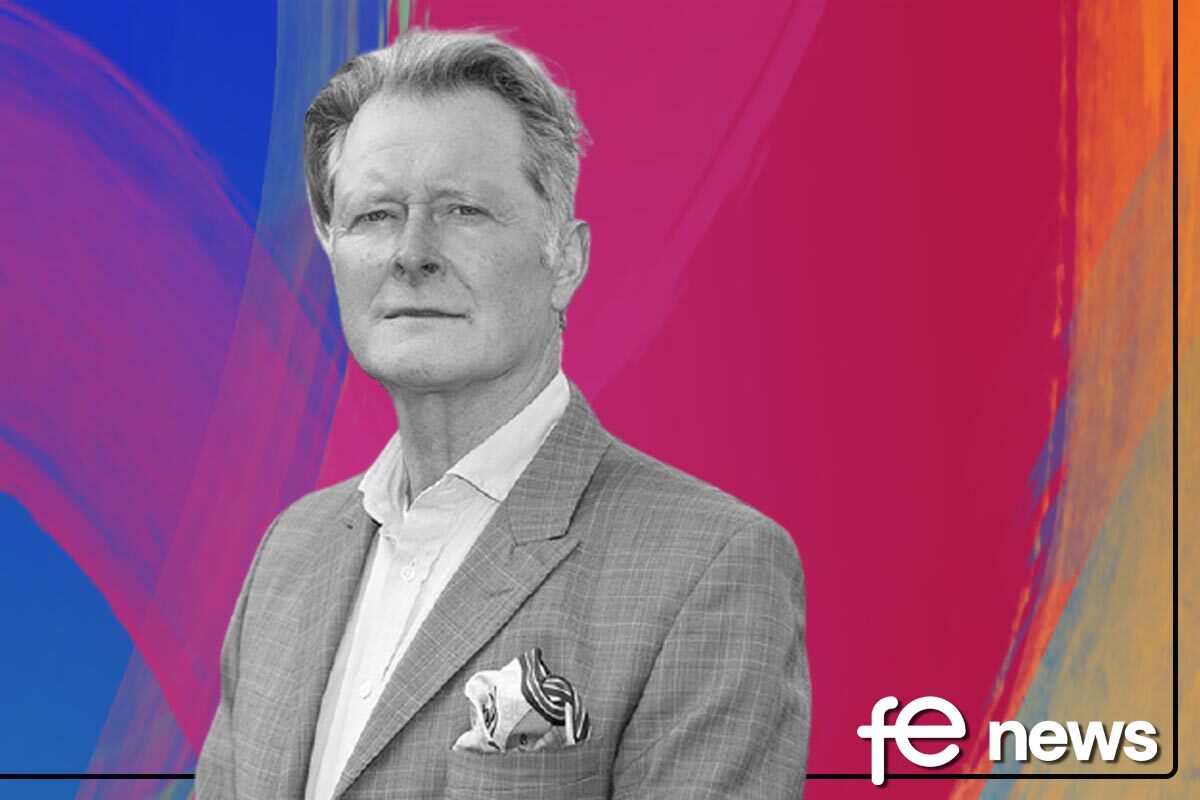
“We live in a world where there is more & more information, & less and less meaning.” Jean Baudrillard
But we are not just living in a world that is relentlessly complex, we are living through a #Permacrisis – A permanent or perpetual crisis!
In the past six years we’ve endured:
- 2016 – Brexit
- 2020 – COVID
- 2021– An imminent ‘Climate Catastrophe’: As world leaders gathered in Glasgow for COP 26, it was announced we are “One minute to midnight” in the race to save the planet, &
- 2022– Russia invades the Ukraine, and we could be facing World War 3 & global annellation by other means!
Is this as discombobulating as it gets? Or is there more to come?
Many conventions have already been set aside, and whatever happens things are not going to return to normal any time soon.
So, what does this all mean for being a leader and our leadership?
Apart from “Getting down in the Mudd” with those rough edges, I don’t have any easy answers. I do have some suggestions though.
First, we need to:
- Become people of influence & leaders of change
- Storytellers and a story doers
- Demonstrate our integrity, authority & passion in all we do
- Develop a ‘Grand Strategy’ to think total, whilst acting local
- Find balance and our ‘True North’
- Give ourselves permission to be Bold
- Recharge our resilience and compassion, & rediscover a ‘Line of Duty’
- Reinvigorate our purpose; &
- Speak-out with moral conviction.
Things Are Both Complicated & Complex
“They that comply against their will/Are of their own opinion still.” Samuel Butler
The world has grown so complex that no single person – no matter how brilliant – can process all the relevant data before it has changed again.
However, to be a leader we don’t have to have all the answers, we just need to ask the right questions.
And to be a great leader we must be able to:
- Invite others to follow us because they want to
- Provide an environment where everyone can bring their best
- Consciously shape a culture of participation and cooperation, within which common goals can be held “in common” and pursued “in common’’; &
- Give people the space to “unfold their potential”, bring all they can to the table, and be present and intrinsically motivated, because we have focused on their vision first, before our own.
Successful leadership is, at root, about influencing others, and trust is the foundation of this ability to influence.
And as Samul Butler’s quote above aptly illustrates we can’t expect or compel someone to think or act in good faith just because we say so.
As the wheel of life continues to turn, we are reminded that we live in a relentlessly complicated and complex world, and the only things that remain constant are chaos and change.
And each new crisis will throw up multiple complex problems. Some solvable by experts i.e., Tame Problems, but most seemingly unsolvable, although they might be ameliorated with a collective response i.e., Wicked Problems.
There is no break, or downtime, thanks to a 24 hour programme of rolling news headlines purporting imminent doom and catastrophe, our adherence to smartphones, and the posting of World War 3 memes et al all-over social media.
We are in thrall to an imperfectly perfect #Permacrisis and its devastating impact is being felt on multiple levels with:
- Deteriorating mental health and a growing global crisis across all age groups; figures have increased by an estimated 27.6% in the past two years alone
- An increasing strain on resources across the board, alongside a decline in ‘community’, and torpid progress in engaging with different models of coproduction in public services; &
- A ‘crisis fatigue’ which depletes our energy levels and compounds the flat lining of our compassion as we tend to look inwards and focus on what feels safe and comprehensible, rather than outwards and expose ourselves to what is unknown, incomprehensible, or just plain scary .
It’s a heavy price to pay and this has been exacerbated by the incursion of Twitter intopublic discourse, together with the illiberal use of Catastrophising Language which acts as catnip to ‘doom-scrollers’ !
The 17th century philosopher Thomas Hobbes described life as “nasty, brutish & short” – A description which could so aptly apply to what takes place every second on Twitter.
Here the social media equivalent of la passiggiata takes place, but without the polite observance, decorum, or respect for position, convention, or place. Creating a Wild West of very public messages up to 280 characters in length, being sent more often or not between different factions, or tribes.
Psychologists find that we’re drawn to people who represent our tribe or group, and the Twitter model amplifies this, acting as the ultimate echo chamber.
In the vacuum created by Twitterisation, users become segmented into smaller & smaller sub-divisions as they collocate around an identity and associated beliefs, and these become a prerequisite for thriving online as everything you believe in your tribe must be believed stridently, broadcast widely, and your allegiance to your ideology be all encompassing!
And as you will take no prisoners, the more words of moral outrage that can be put in a tweet, the greater the traction, impact, and influence.
It is the concept of social proof made flesh, and woe betide if you find yourself in a tribe that is on the wrong side of any virtuous signalling from the Hashtag – #BeKind brigade!
Whilst a 24-hour blitzkrieg of news from multiple media channels, using a business model designed to keep us glued to their websites with clickbait headlines, can make us fear for our safety and our sanity.
And this catastrophising language can become highly addictive as it leads many of us to check our smartphones et al multiple times a day as we jump from story to story.
So, a sanity-saving a tip: Always read at least as far as the third paragraph of any story!
Perhaps The Real Problem Is Not Too Much Complexity, But Too Little Caring?
Volatility, uncertainty, confusion, and ambiguity flatten our resolve, zap our sap, and eat away at our compassion, to leave us with a “compassion deficit.”
This is a perennial challenge for any leader whatever their sector, context, or the particular challenges they face.
And as the pace of change outruns the mental bandwidth & capacity to respond, a leader must also contend with:
- Continuing pressure to do more with less, whilst achieving increasingly complex & disparate outcomes; &
- A need to become a ‘Game Changer’, by being able to radically rethink the Why, How and What to do in real-time.
Society has also become savvier, and more demanding, with increased expectations & changed perceptions of how public services should be managed & delivered. Whilst new technology has further increased expectations and directly impacts on service delivery.
As leaders are we facing up to our tame and wicked problems? Or does it all feel overwhelming. And are some issues just too big?
What are we not thinking about? What has been pushed back because it all feels too difficult, too complex?
As the adage goes:
“If you pass it, you permit it!”
But this is not the time to regret that we didn’t act or do more. That we played safe. Or that we allowed ourselves to be sucker-punched by the false dichotomy of either/or. Shouldn’t it be, just Yes?
So, lets pause, reflect, and ask:
- What are we not thinking about and why?
- Are there other issues and challenges that we now need to consider?
- How should we rationalise and apply our professional judgement?
- Can the problem or issue be broken down?
- How should we act to protect what is core and distinctive? &
- What will make things better or worse for those we lead and ourselves?
Perhaps It’s Time To Think Total, Act Local?
And design a ‘Grand Strategy’ that meets the following brief:
“See first that the design is wise and just; that ascertained, pursue it resolutely.” William Shakespeare
The influential management thinker, educator and author Peter Drucker famously said, “Culture eats strategy for breakfast”, so as we consider how we can think total, but act local, let’s heed this warning.
Because just as our own character has countless nuances and traits, so does a culture, and these predetermine how things are done, what is ok and what is not, what values and tropes are followed, how people are treated, what fears are held, and how decisions are made.
Culture holds all the ‘unwritten laws’, so as we design a ‘Grand Strategy ‘ we should take the view from the balcony, the higher ground.
We may not have all the pieces but as Star War’s Jedi Master Yoda might put it, “The need to act with us is great!”
And it’s about seeking to understand then be understood, to leverage influence, to exercise rational choice, & to get it right, whilst accepting that it may not necessarily feel or be perfect. Indeed, it may even be a little rough around the edges, but that’s OK!
We must give ourselves the permission to be Bold, both in our vision and our leadership. Encouraging our team members to articulate their personal visions. Spending time with them to explore vision-overlap which will encourage even greater engagement and working with both the surface structure and deeper undercurrents.
The following model might provide a useful prompt and template for the creation of a strategy. Feel free to adapt and customise to the situation you find on the ground and when the design is wise and just, pursue it resolutely!
| Resistance | Engagement | Improvement | |
| Sphere One | Understand, Communicate, Be Understood | Identify The Inner & Outer Layer Influences *1. Create a Vision, Convey Through A Common Language | Establish Baselines through Discussion, Identify Your Champions *2. Pay Attention to the Weaker Links |
| Sphere Two | Influence, Nurture, Persuade | Make Meaning & Common Purpose, Align the Personal & the Organisational, Build a Community of “Best Practice” | Strategise to Optimise, Promote Subsidiarity, Celebrate “Win Wins” |
- Inner and Outer Layer Influences are: Inner – Attitudes, Ethics, Morals, Motivation, Purpose, Trust (In work examples include Team/Group/Department/Unit/Organisational – Phycological Contract); & Values:& Outer – Culture, Economy, Faith, Family, Team/Group, Organisation, Political, Societal & Technological.
- Champions – Advocates, Connectors, Controllers & Experts
Without A Dream There Is No Reality!
Each day we live 86,400 seconds and take 22,000 breaths.
That’s how it was in 2021, and that’s how it is in 2022!
And paradox and ambiguity remain unavoidable, although standing in their midst can be the most alive place to be.
Now having experienced these past six years, few would doubt that we live in a crazy, mixed-up world — And one that can also be very terrifying too, as recent events around the globe continue to remind us.
We are bombarded by multiple stimuli day-in, day-out, but neuroscience confirms that we are capable of processing only a fraction of what is before and around us at any one time.
We have a multiverse of choice with change as a constant and prevailing force — Not always for good, but neither always for bad. Sometimes better, oft-times worse.
With this very much in mind, unhelpful thinking patterns, and worrying about things that can’t be changed, can become habitual and are damaging to both short-term productive thinking and long-term happiness.
However, whilst we can’t avoid negative thoughts altogether, we can get a grip on them, because we know when we’re not doing well.
A Strategy Of Kindness
We are important and taking care of ourselves is important too, so let’s take this opportunity to create our own kindness strategy which includes Mindfulness.
When a thought pops up, we can choose to think, “Am I going to delete it, defer it, or action it?”
Recent research has shown how cultivating an inner dialogue can boost critical thinking and open the mind to different perspectives. This can lead us away from stale assumptions towards a deeper and more powerful mode of thinking.
If this is coupled with the practice of extreme noticing we can rise above things to become singularly effective rather than being plural-y efficient. So, we should ask ourselves whether that thought is relevant, either now or later, and if it’s not going to be rid ourselves of it or move on.
And if through this inner debate we can loosen the hold that our thoughts and opinions have over us, we will become intellectually humble and make better decisions!
The pre-Socratic Greek philosopher Anaxagoras wrote, “The mind is infinite, self-ruled, and mixed with nothing”.
That is, of course, until we fill it up with all the constant motion, commotion, and chatter of everyday life.
“Refuge for the brain is the mind, refuge for the mind is Mindfulness. This is the Way – The Mindful Way!”
And the practice of Mindfulness can provide clarity and focus and enable better decision making; precisely because it allows us to let go of being judgemental, provides objective distance and reduces habitual, reactive, and ultimately reductive behaviour.
Let’s start being fully in the moment, learn to remain present, and develop technique and attitude through both formal and informal Mindful Breathing exercises and everyday activities such as Mindful Walking and Mindful Eating.
Let’s Start paying full Attention to everyday experiences, to notice what is happening as it happens, and to start single tasking rather than multi-tasking.
And this will all help us to become better leaders too, who are:
- Resilient, emotionally intelligent, and comfortable in our own skin
- Humble but possessing an intense professional will that enables us to balance gentleness with strength and a steely resolve
- Prepared to embrace failure, knowing this is the cauldron of learning and a lodestar and predictor of future success
- Compassionate and empathic
- Thoughtful, considered and deliberate in making and taking decisions
- Self-aware, and know how we come across to others, and are readily able to adapt for different audiences and situations
- Able to deal with all situations with a greater calm and equanimity
- Seeking first to understand before being understood
- Demonstrating greater clarity and precision of thought, as well as greater creativity, energy, insight and outsight, and a clearer sense of purpose; & finally
- Certain that our vision will be bigger and last longer than we will, if we invest in a culture that provides a clear purpose, compassionate support, and is transparent, inspiring and rewards creativity.
Paul Mudd is a Trusted Adviser, Leadership Provocateur, Savvy Thinker, International Keynote Speaker, Best Selling Mindfulness Author, Global Well Being & Well Doing Influencer, Co-Founder and Director of the Mudd Partnership and Co-creator of the new tMP Hexagon Leadership & Coaching programme #ThinkHexagon © 2021.

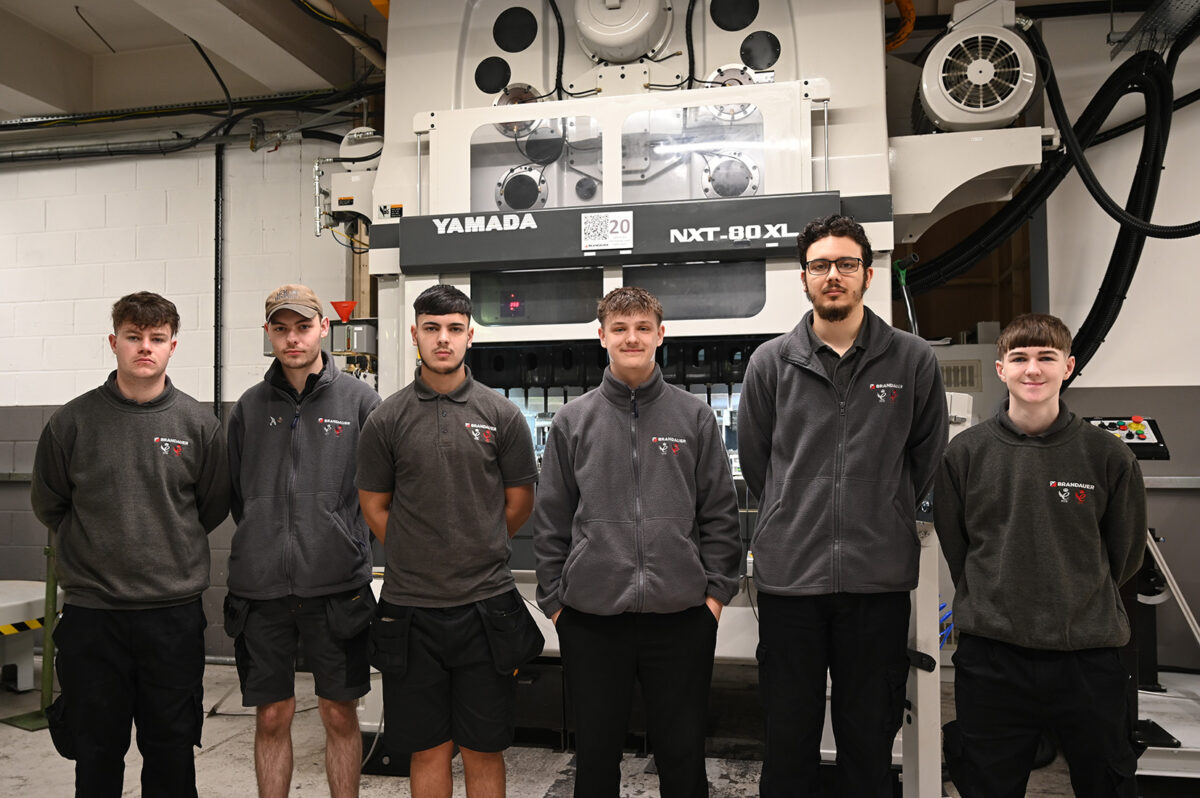
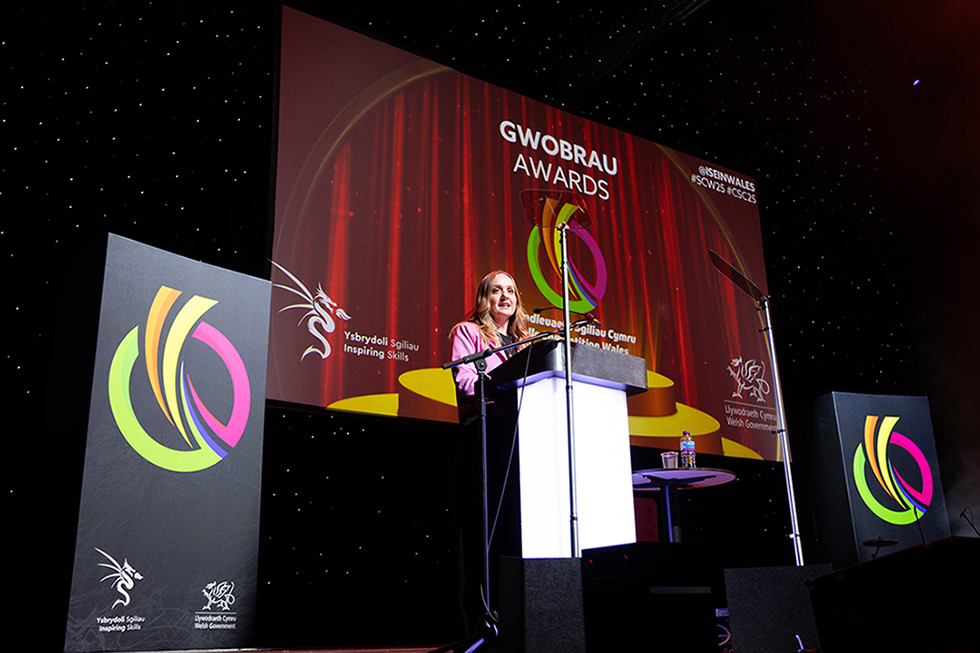

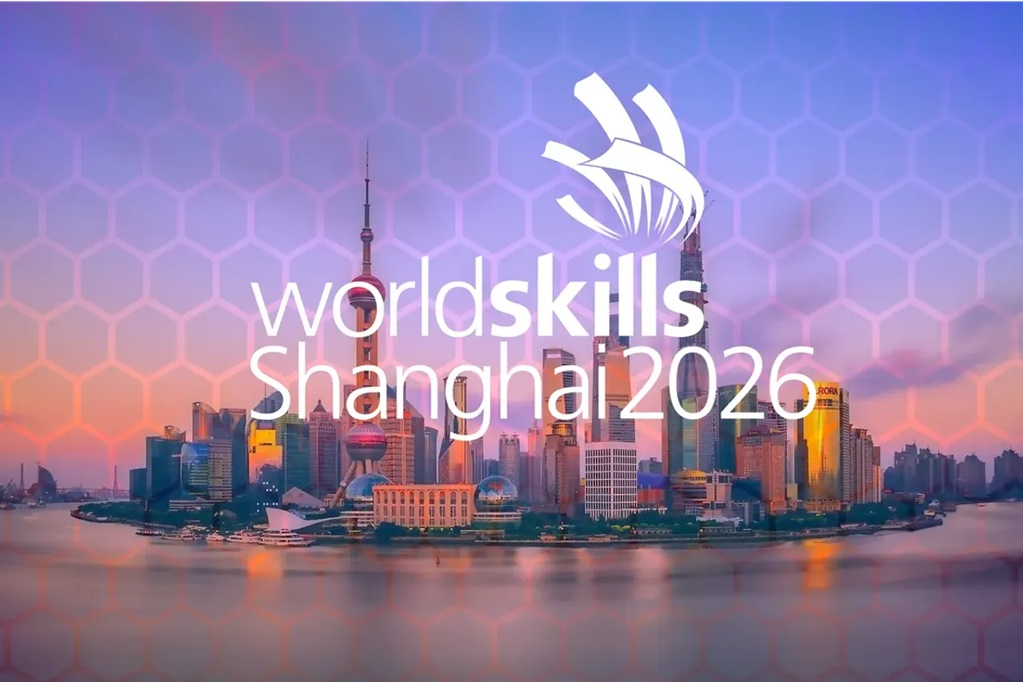
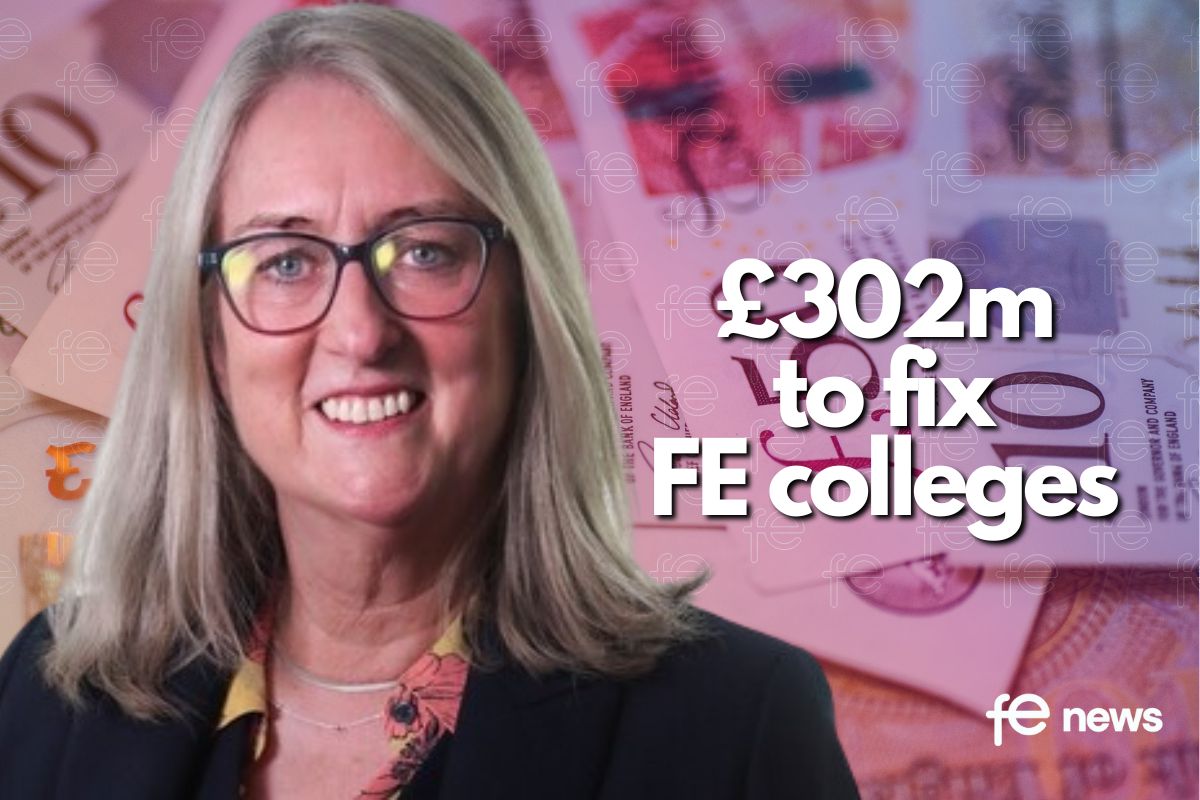


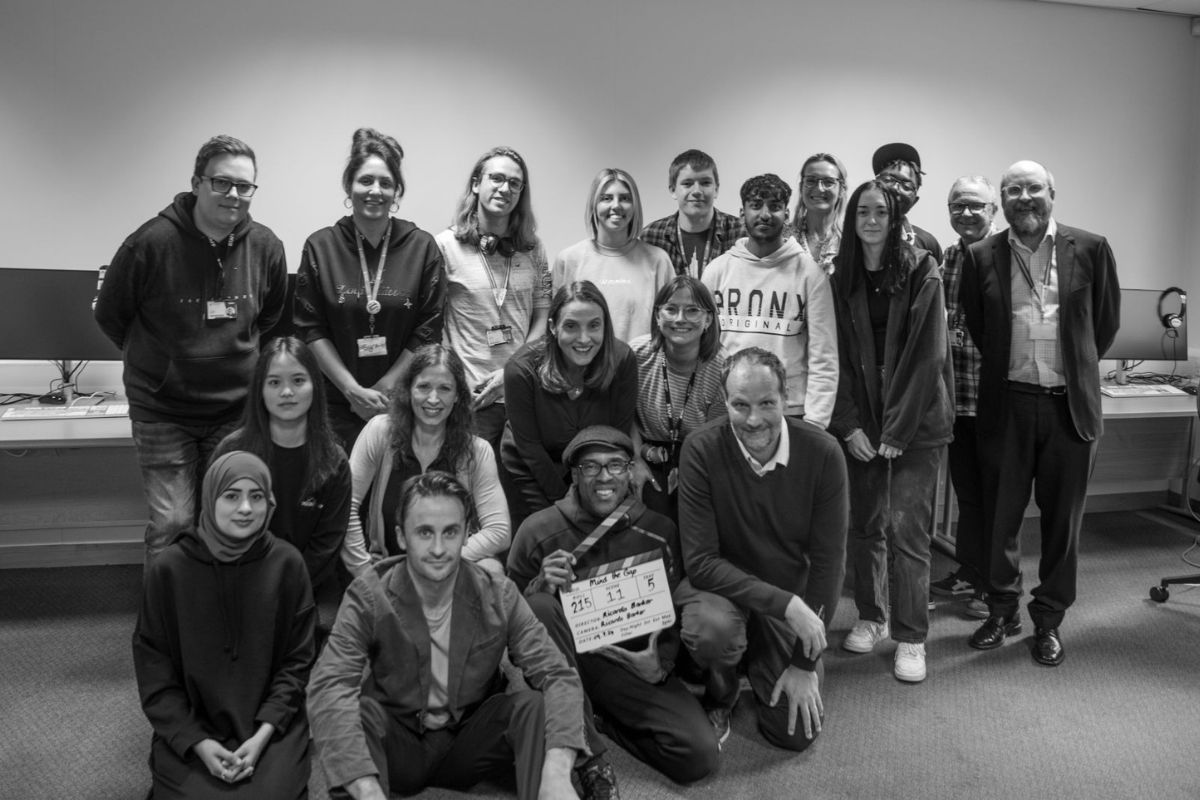
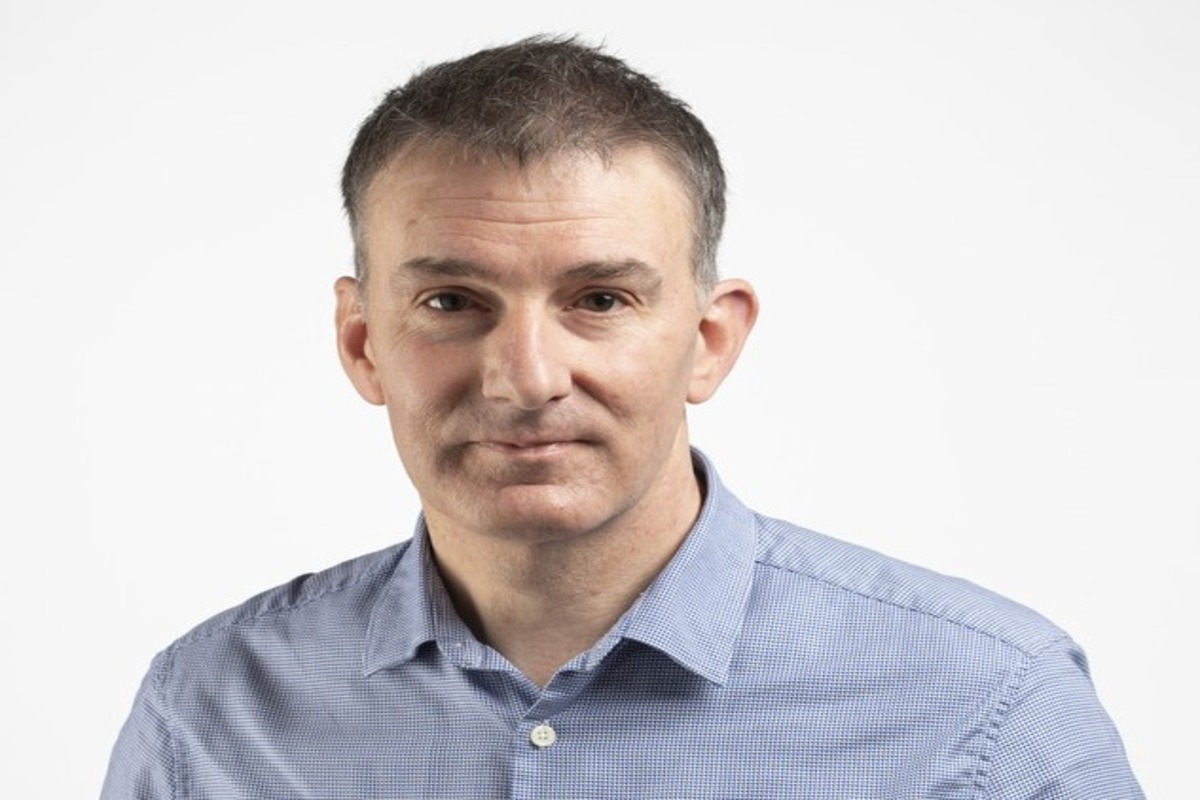
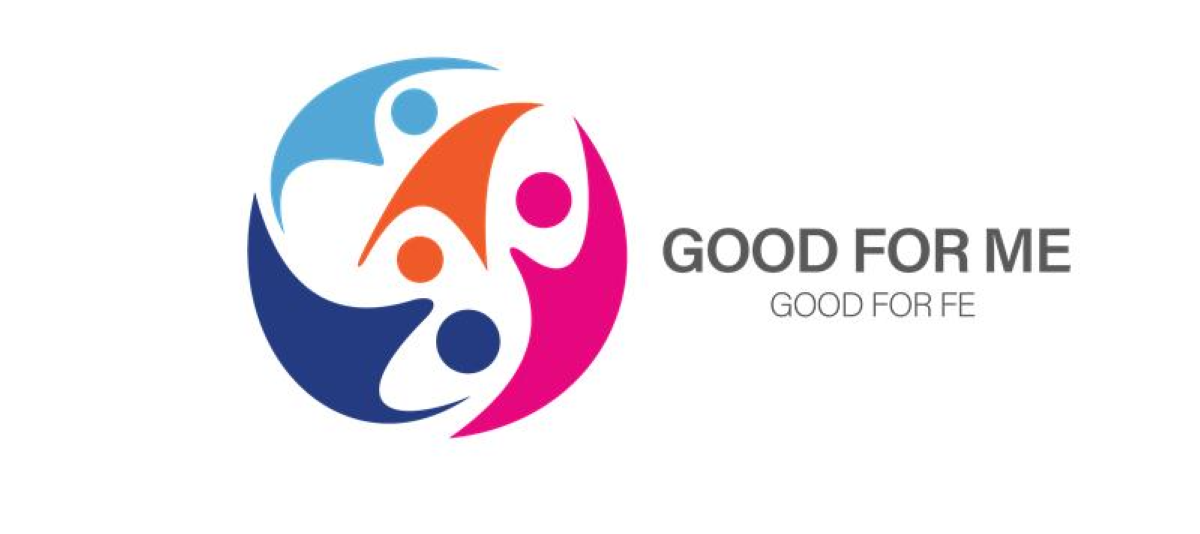
Rather a lot of reading to do here, but not many case studies of
Mr Mudd putting his long argument into action.
“Do I contradict myself? Very well then I contradict myself, (I am large, I contain multitudes).” Walt Whitman
Thank you very much for your interest and taking the time to comment Neil, always appreciated.
This piece is an exclusive feature, not an academic treatise. It’s purpose is to get the juices flowing, not flood the field.
If you would like case studies, evidence of rigour, and real impact in the real world, may I suggest you take a look at the Mudd Partnership website, &/or subscribe to my writing on @medium – currently 135+ pieces, &/or take a look at my best selling book ‘Uncovering Mindfulness…’, Chapter 3 is all about the Brain and neuroscience, mai oui. Thanks again and all the very best. Paul
Thanks, I read this as a flood of ideas approaching biblical proportions; don’t time-poor teaching staff need simple and practical articles under the heading Exclusive Features?
Hi Neil and thank you for coming back on this.
My understanding is that the guys at FE News want these Exclusive Features to be first and foremost Exclusive, as well as protean, thought provoking, challenging and a call to action.
I’ve written over one million published words in the past couple of years, including I think nine ‘Exclusives’ for FE news which from April 2020 have chartered and anticipated the twists and turns of the pandemic and how things would and have played out. Some might say given this amount of wordage that I have too much time on my hands, but if what I am thinking, realizing and writing, doesn’t have an immediacy and makes a connection, resonates and helps others to make meaning, provide insights and have authenticity, then professionally I am failing.
So, I am sorry if you feel that I’m missing the mark. I think though you’ll see just from this piece alone, that I well understand the multiple challenges of living in a complex world and the pressures of not having enough time that so many are understandably feeling/experiencing today.
How then might I correct that? I’d be very happy to have a conversation so I could attune more to what would be really helpful for you. My companies strapline is after all, “To make the complex, less complicated, the tough stuff not so tough, and put the unreachable within reach of all.”
Perhaps we could have an offline chat? Let me know.
Very best wishes,
Paul
Five stars for making your Exclusive challenging. And it definitely provokes at least two responses:
How do I make all this operational?
Do I need to – will it alleviate particular issues
close to home?